Washington Declares Neutrality
George Washington was again unanimously elected President in 1792 and sworn in on March 4, 1793. Although he had not wanted a second term, many, including Secretary of State Thomas Jefferson, Secretary of Treasury Alexander Hamilton, and James Madison, felt the nation would suffer without his leadership. Reluctantly, Washington agreed to another four years.
In February 1793, tensions between revolutionary France and England erupted when France declared war on England, and much of the rest of Europe. President Washington sought the advice of his cabinet members and, even though Hamilton and Secretary of War Henry Knox favored England and Jefferson and Attorney General Edmund Randolph supported France, all agreed neutrality was essential.
Washington hoped that America would have “nothing to do with the political intrigues or squabbles of European nations.” Seeking a peaceful middle ground, the President issued his Proclamation of Neutrality on April 22, 1793, which declared America’s friendship for both nations and hostility towards neither. Besides openly declaring our intentions to Europe, the proclamation forbade American citizens under penalty of law from rendering any assistance to the combatants.
The neutrality proclamation asked Americans to “pursue a conduct friendly and impartial toward the belligerent powers” and warned them against “committing, aiding, or abetting hostilities against said powers” or carrying contraband articles. On a larger scale, the proclamation established the precedent that the executive branch was the prime mover in American foreign policy and Washington’s neutrality proclamation became a key part of it for the next century.
That same April, the Girondin Party, which had seized power in France, sent Charles Genet as an envoy to America to drum up support for their cause. This agent, known to history as Citizen Genet, arrived in Charleston on April 8, 1793, but did not immediately leave for the capital city of Philadelphia to present his credentials to the President.
Instead, Genet took a few weeks to recruit four privateers to raid British ships and raise a militia to fight Britain’s Spanish allies in Florida, both acts that endangered our neutrality. The envoy finally reported to President Washington in mid-May and was reluctantly received.
The President asked Genet to cease his efforts to rouse the emotions of citizens of the United States. Genet not only refused to comply with Washington’s requests but informed him that if the President did not agree to help France, Genet would take his case directly to Congress and the American people. President Washington and Secretary of State Jefferson, who was also in the meeting, were appalled at Genet’s lack of respect for both the President and the United States.
Over the course of the next few months, Genet continued to defy the President as he traveled the country and stirred up trouble. Although Genet initially was supported by Jefferson and very popular in America, he failed to raise the men and money needed to realize his schemes. Finally, by late summer, President Washington’s patience was exhausted, and he demanded Genet’s recall.
In a twist of irony, about the same time President Washington’s letter requesting Genet’s recall arrived in Paris, a new party, called The Mountain, had seized power in France. They also wanted Genet to be sent back, but they had slightly different reasons. As was the fashion in revolutionary France, they intended to send Genet to the guillotine.
"Fort Mackinack." Wikimedia.
Genet, suddenly very fond of America, begged Washington to be allowed to remain here, and, despite all the headaches Genet had caused, the ever-magnanimous Washington granted his request. As it turned out, Genet moved to New York and married Governor George Clinton’s daughter and lived the life of a gentleman farmer until he died in 1834.
There were also issues to be settled with England. By 1794, the British still had not evacuated their forts in the Northwest Territory as required by the Treaty of Paris. Additionally, British ships were seizing men off American vessels, a practice known as impressment. These actions inflamed public opinion and Washington felt it was important to cool tempers to avoid being drawn into a costly war.
Consequently, he dispatched John Jay, Chief Justice of the Supreme Court, to England to negotiate with that country about these matters. The agreement worked out by the two parties, known as the Jay Treaty, finally persuaded England to remove its troops from our territory and granted America preferred trading status with the British. While the treaty was not terribly popular in America because many people thought it favored the British, it did avert a war with England and expand markets for our nation’s trade goods, President Washington’s two primary goals.
The following year, the Washington administration settled another foreign policy matter, this time with Spain. In an agreement known as the Treaty of San Lorenzo, or Pinckney’s Treaty, signed on October 27, 1795, the two nations resolved a dispute over the boundary of Spanish Florida. More importantly, it guaranteed America navigation rights to the Mississippi River, thereby enhancing our nation’s western commerce.
Next week, we will discuss the Jay Treaty. Until then, may your motto be “Ducit Amor Patriae,” love of country leads me.

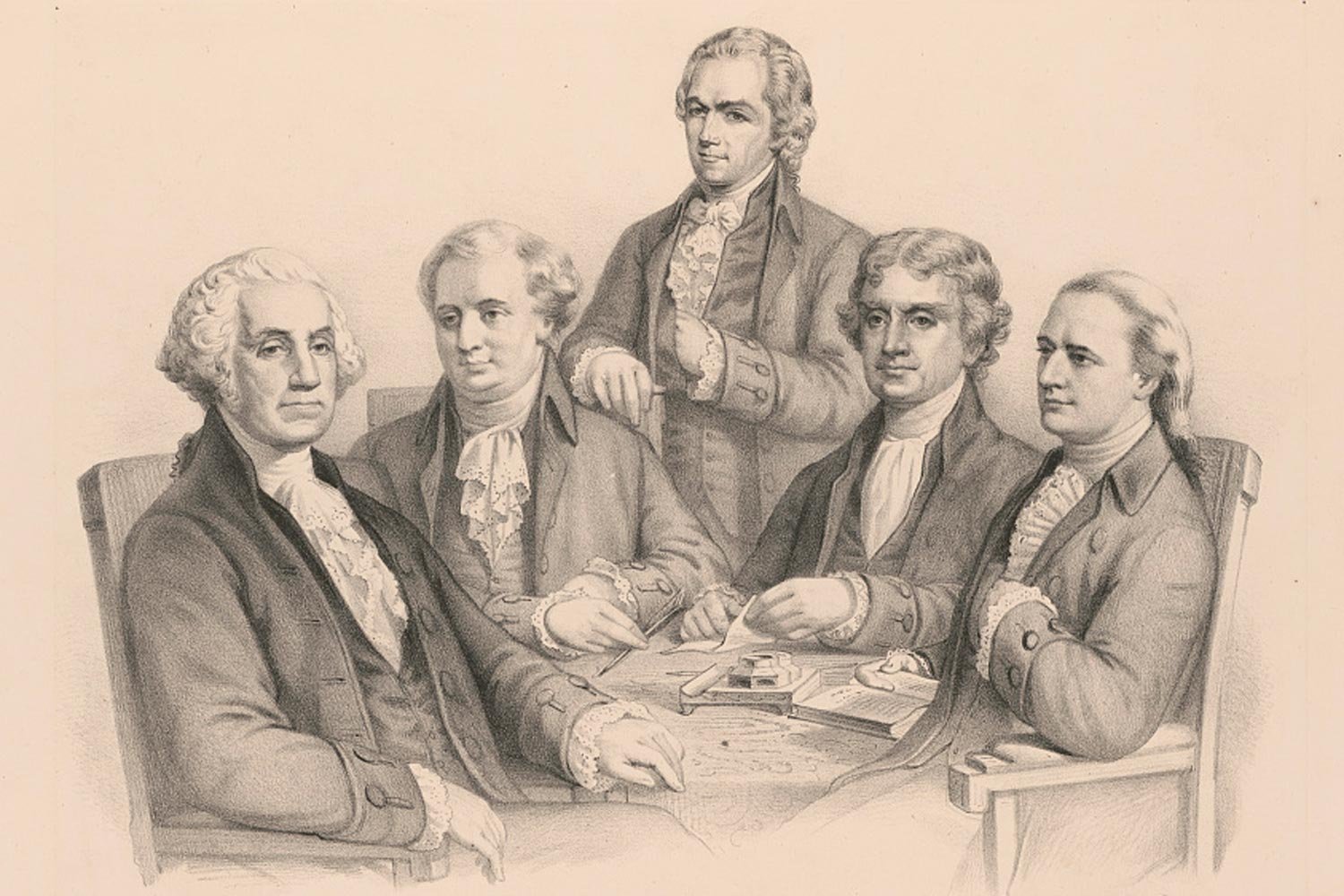
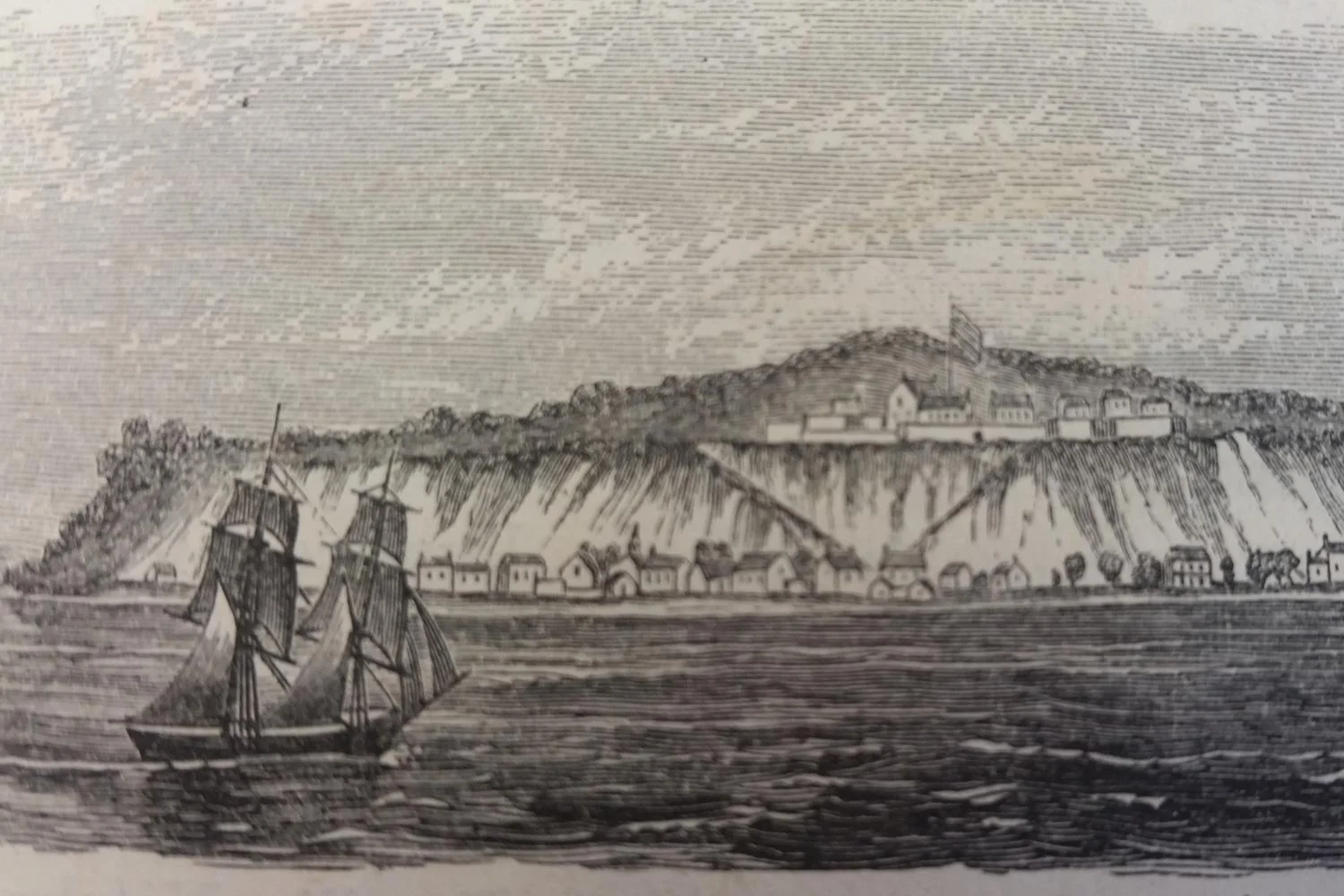
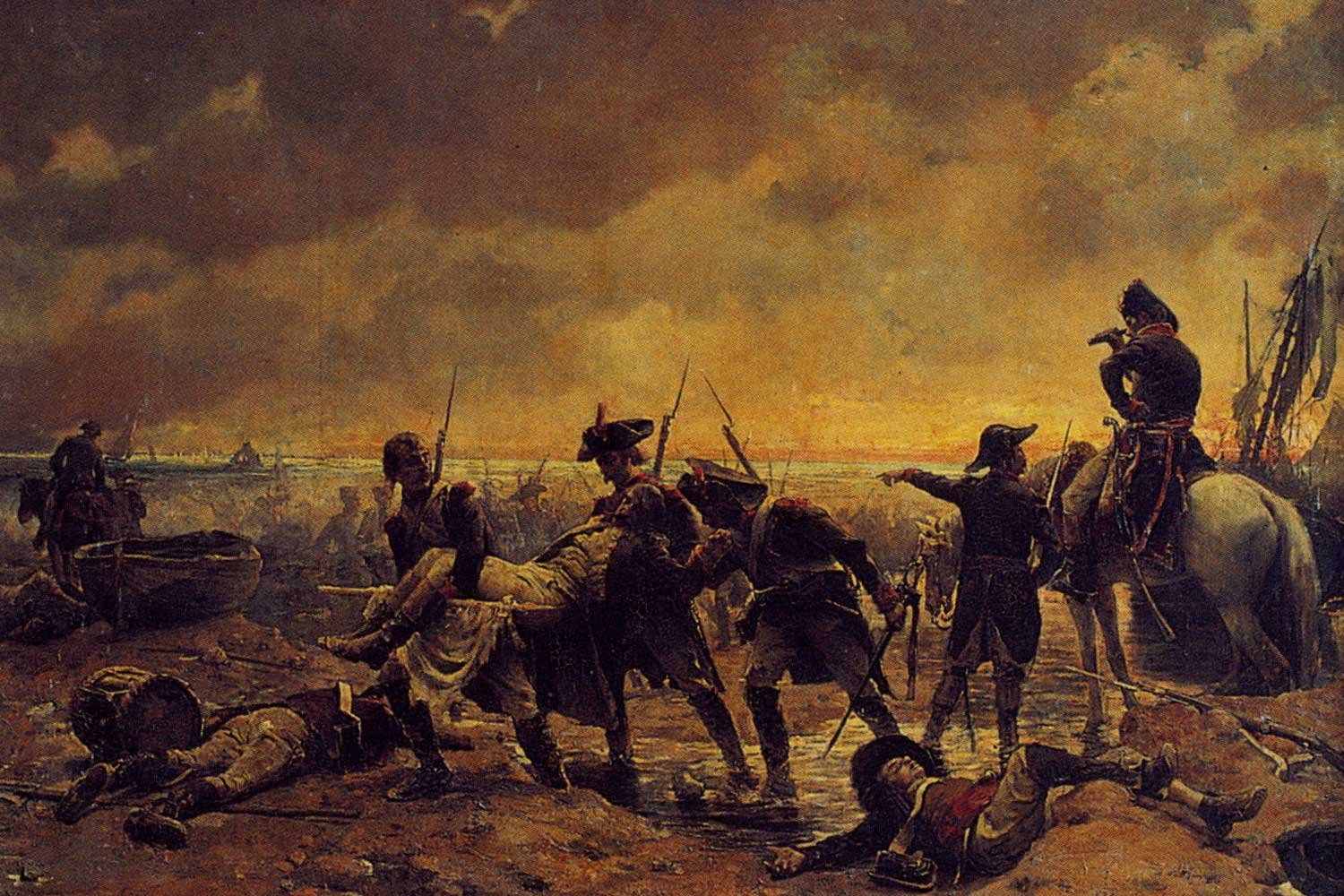
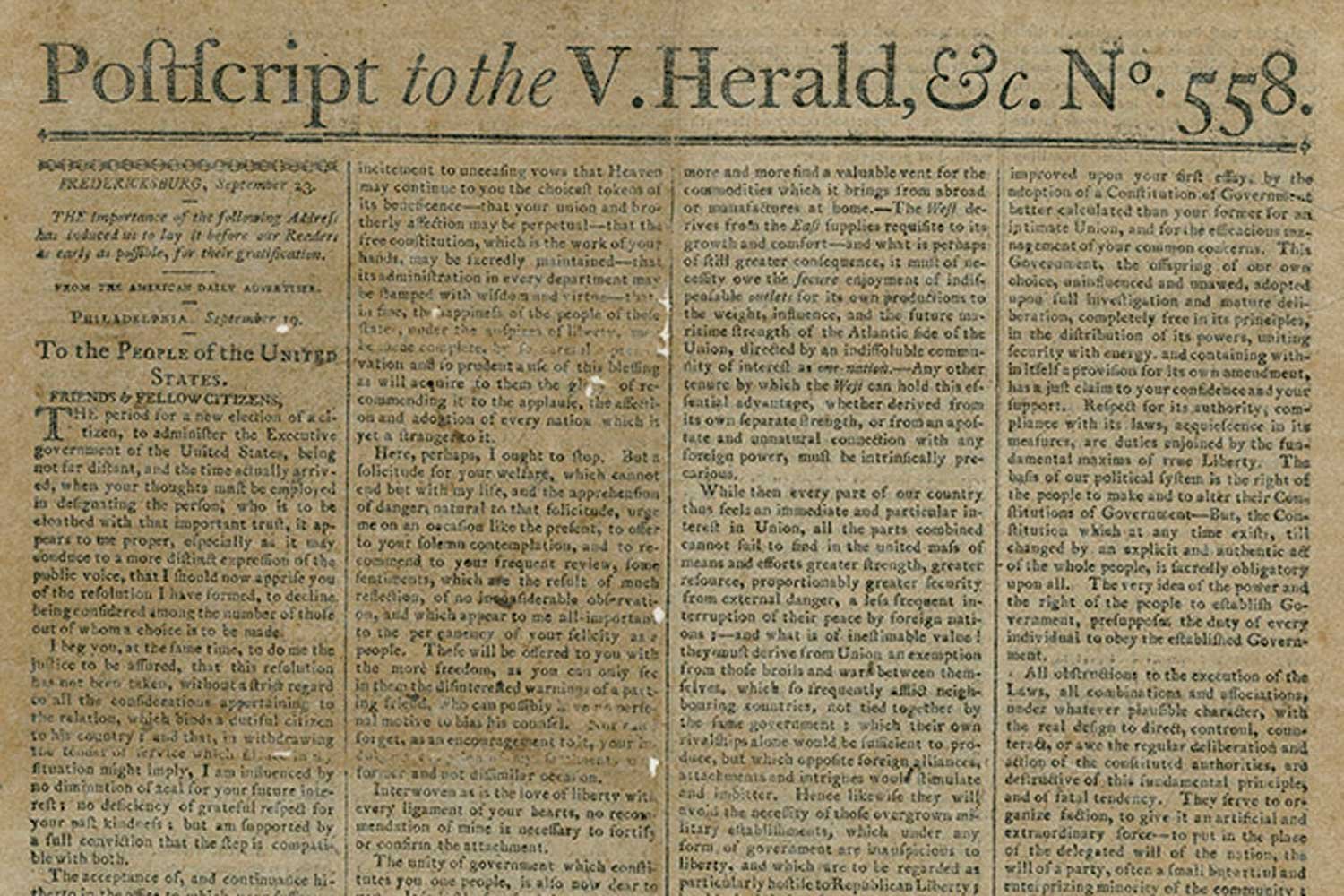
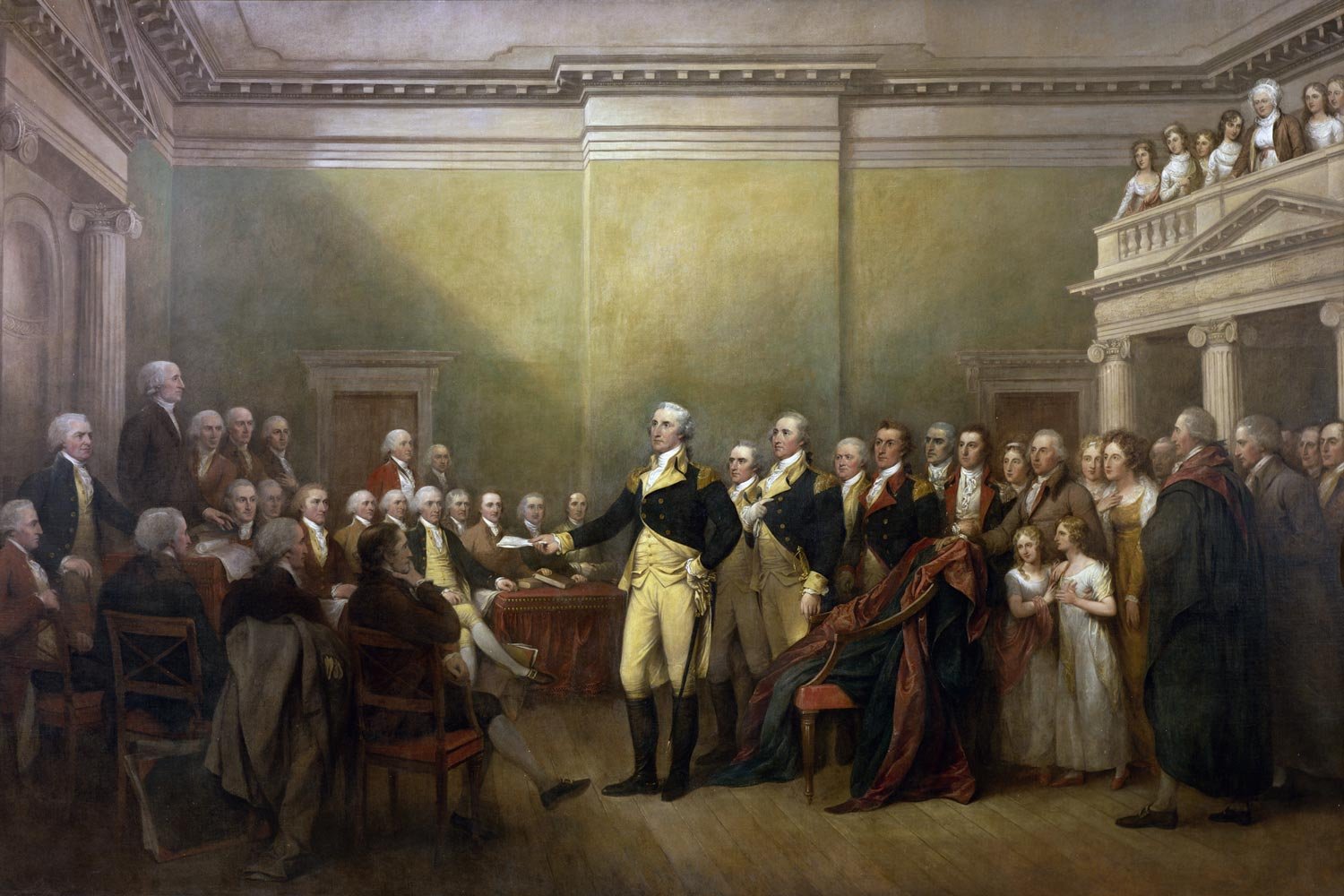
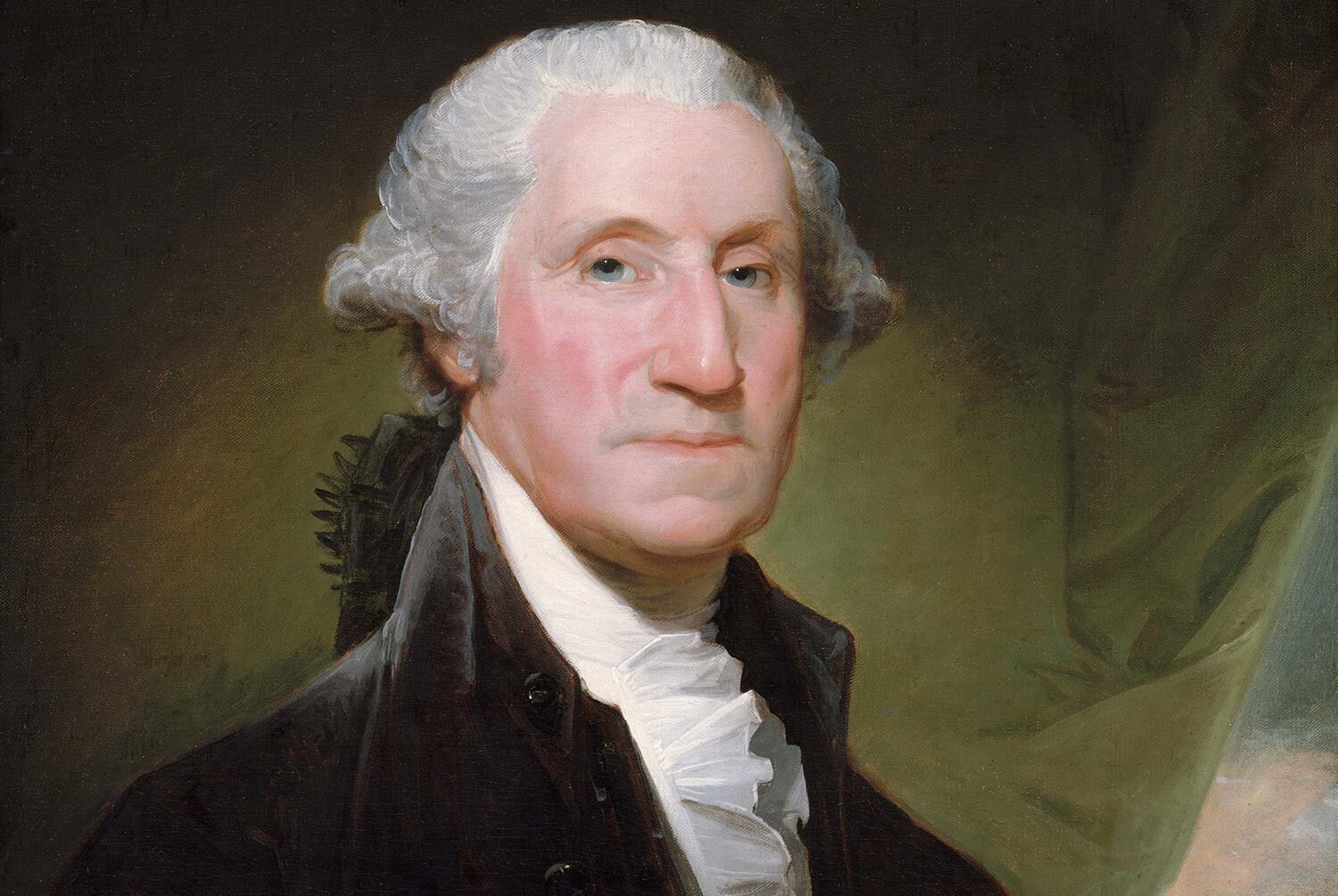
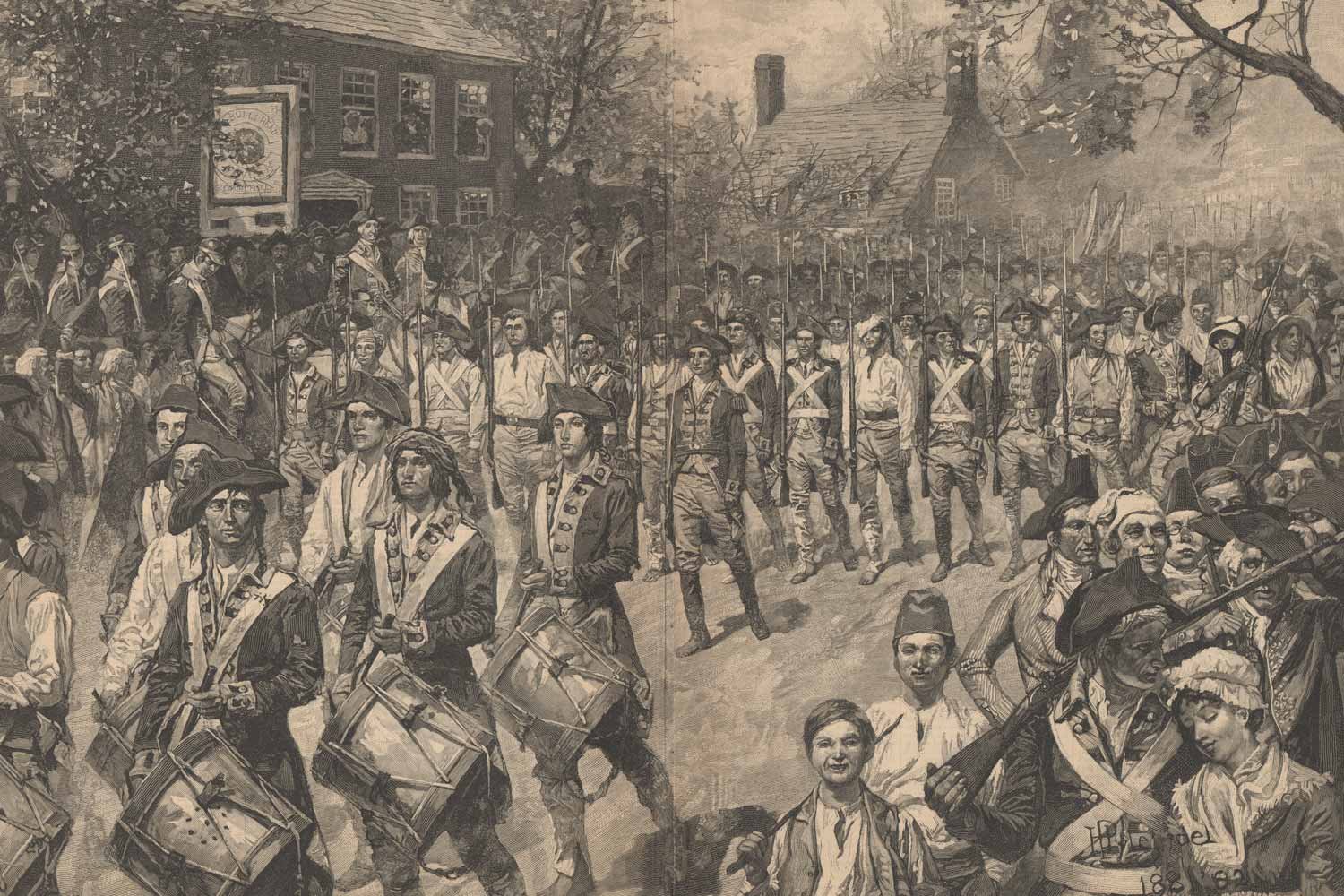
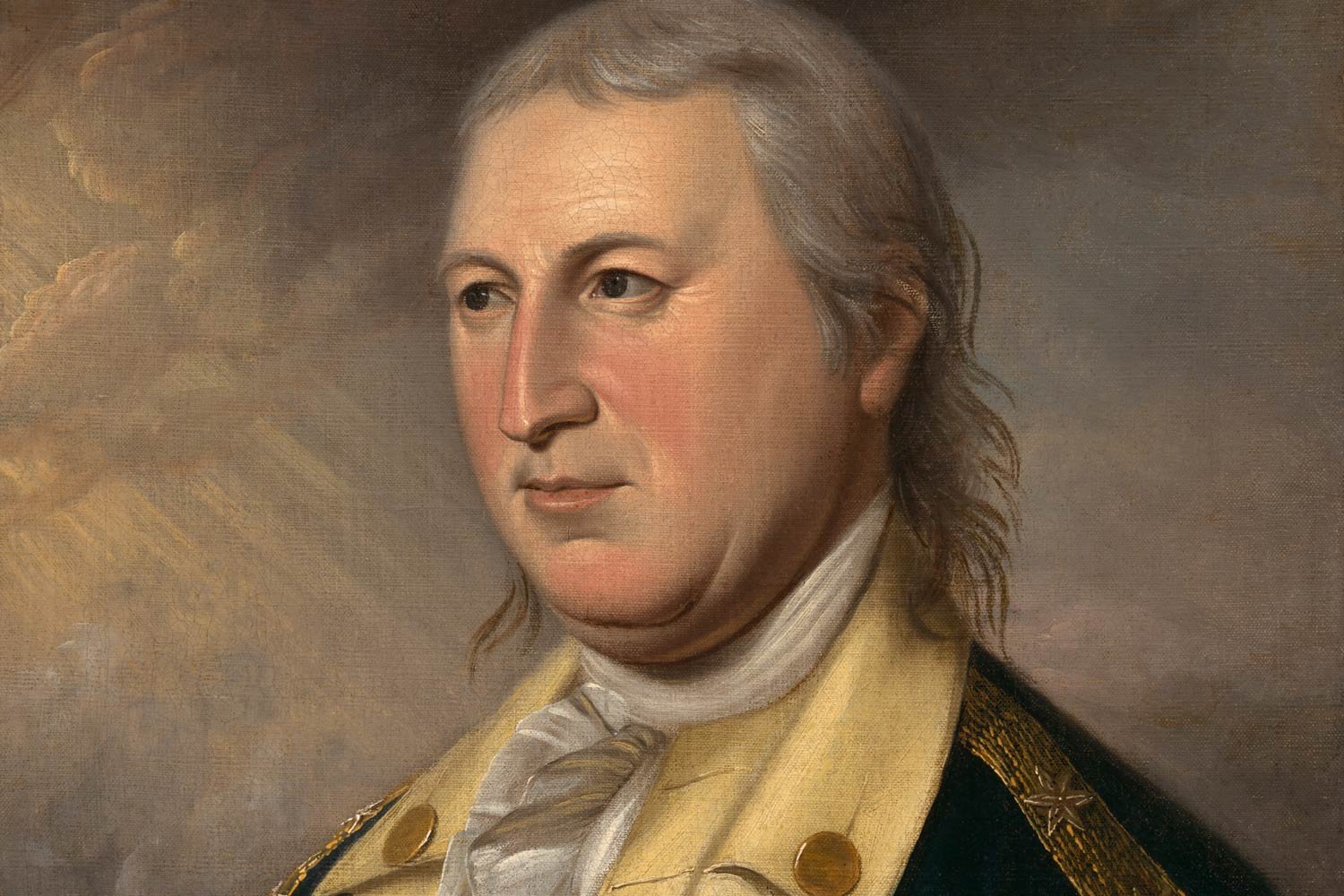
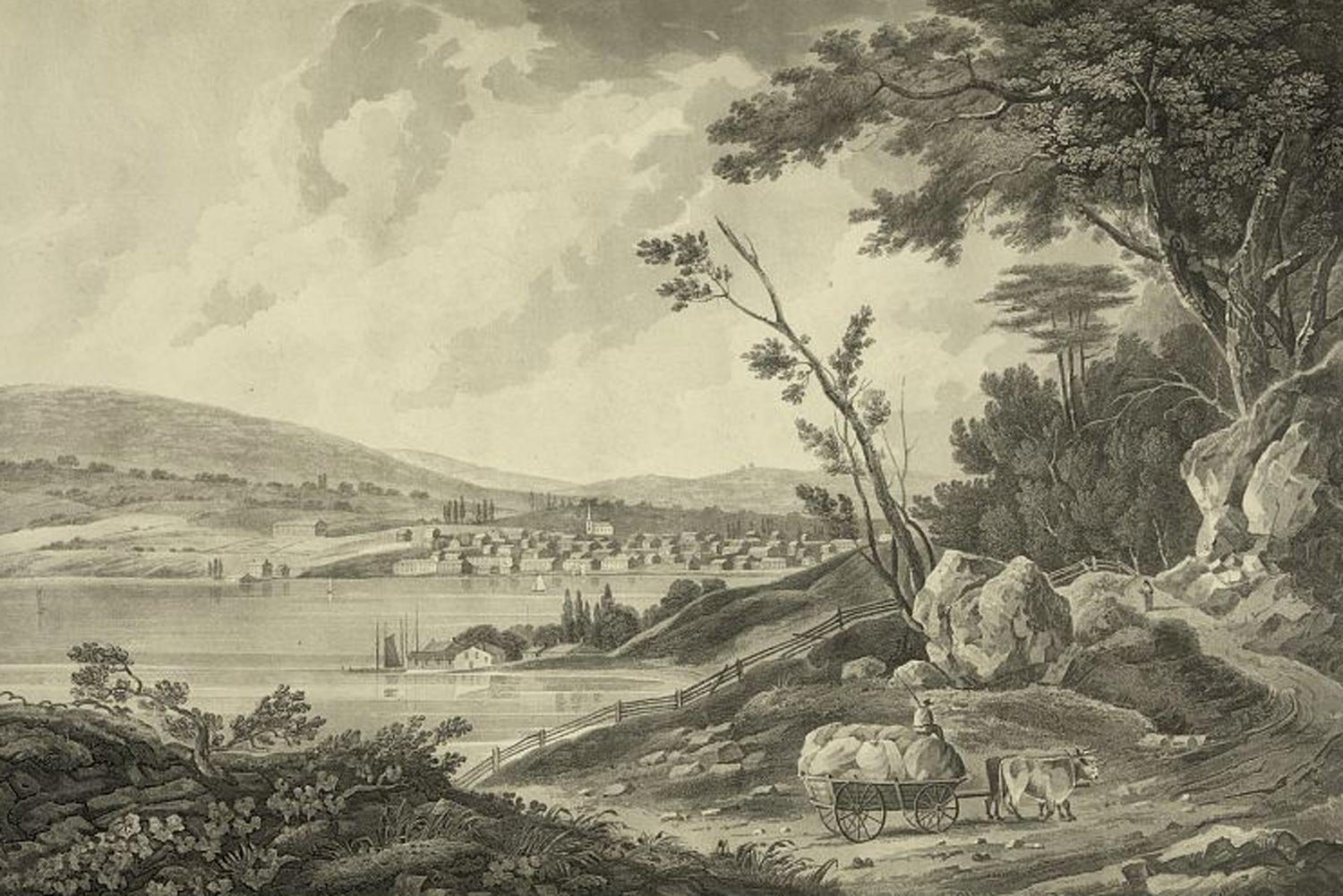
No man has had a greater impact on the United States than George Washington. This quintessential American carried the country through eight long years of its Revolution and devoted another eight years getting the new Constitutional government established as its first President. Washington was one of those rare individuals who seemed destined, almost from birth, for greatness, as if the hand of Divine Providence was watching over and protecting him, saving him for greater things.